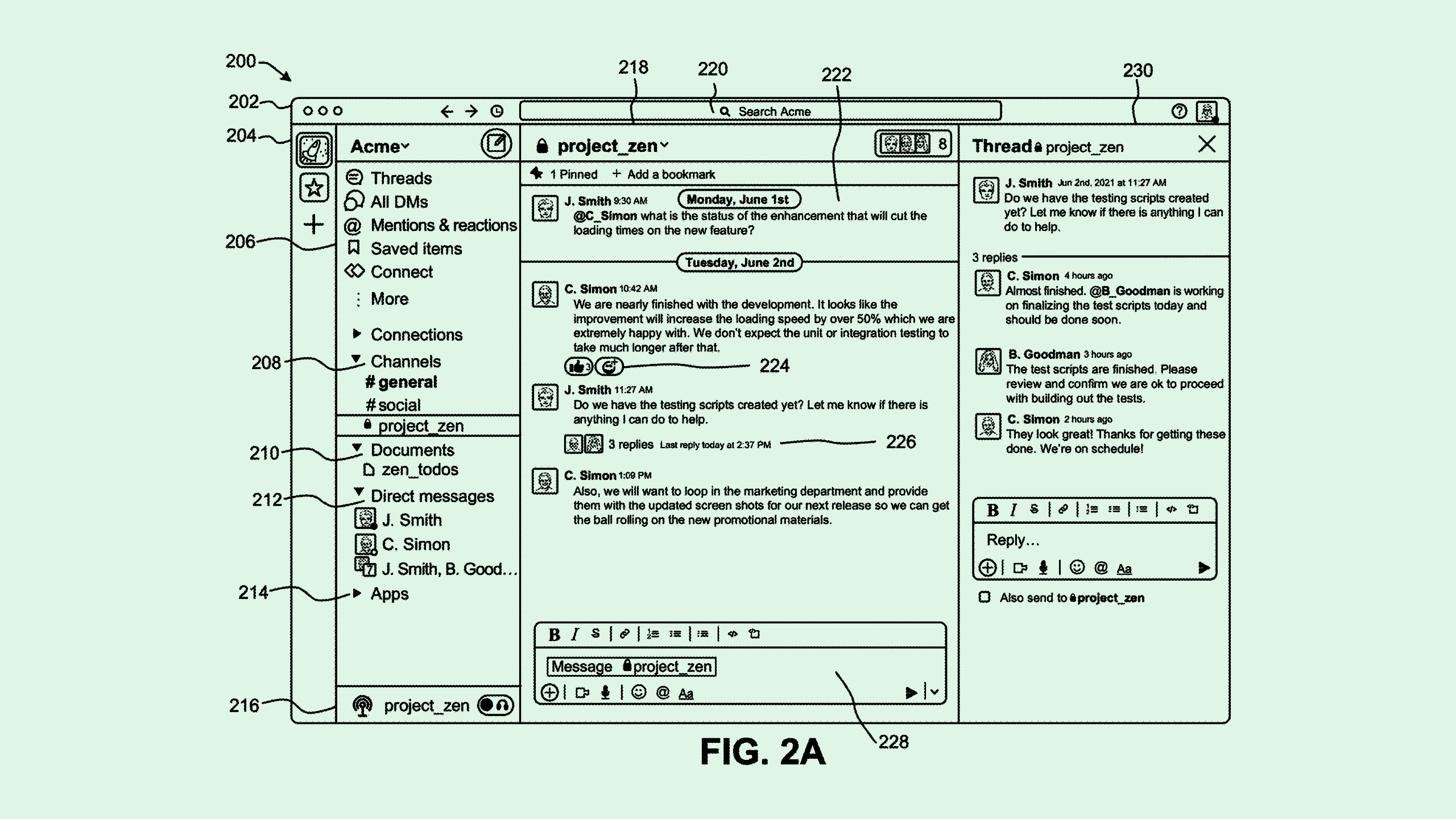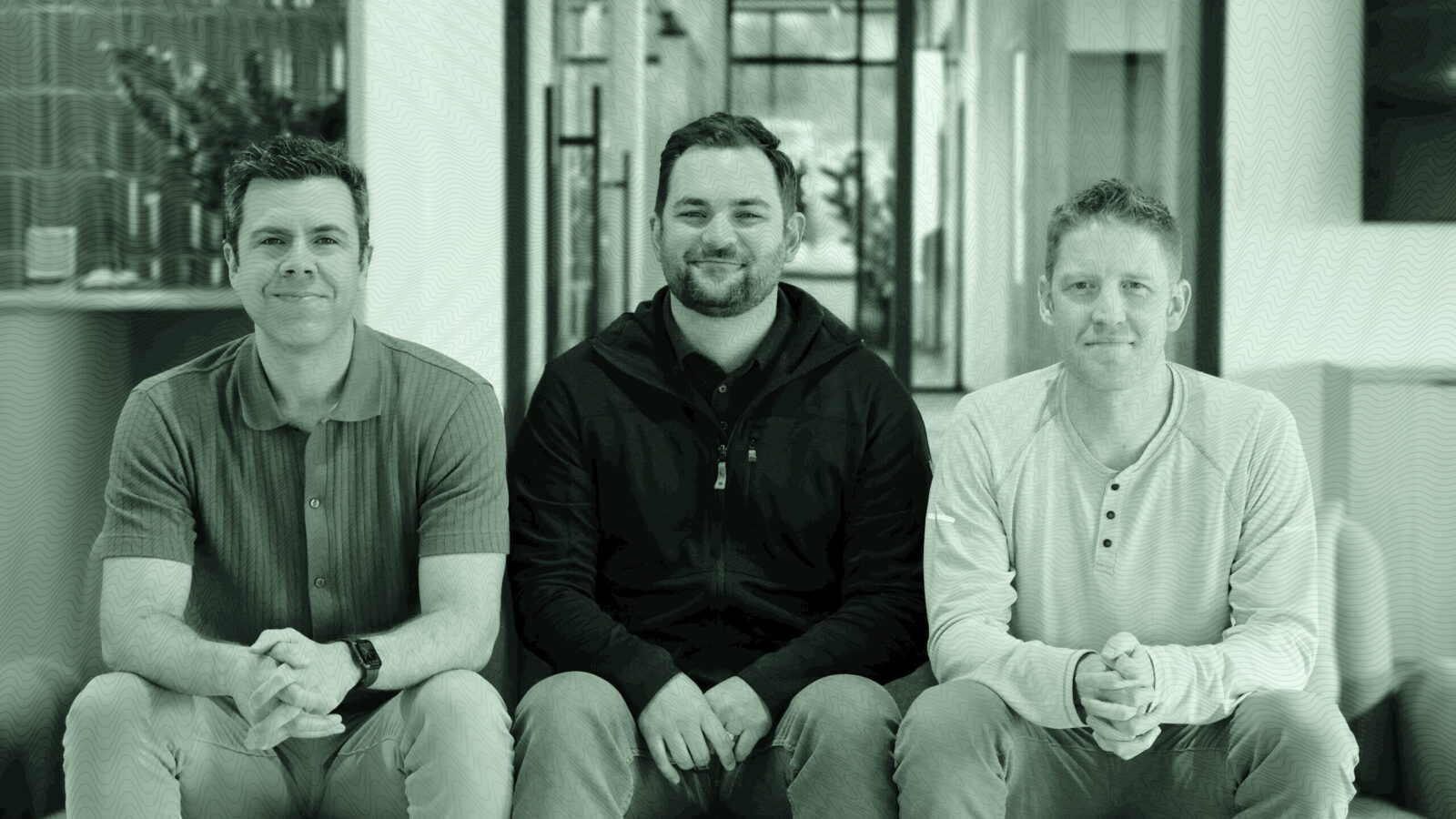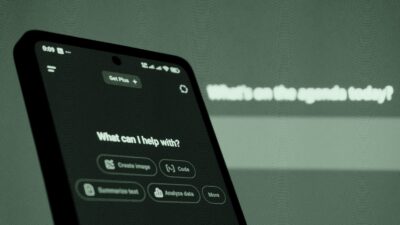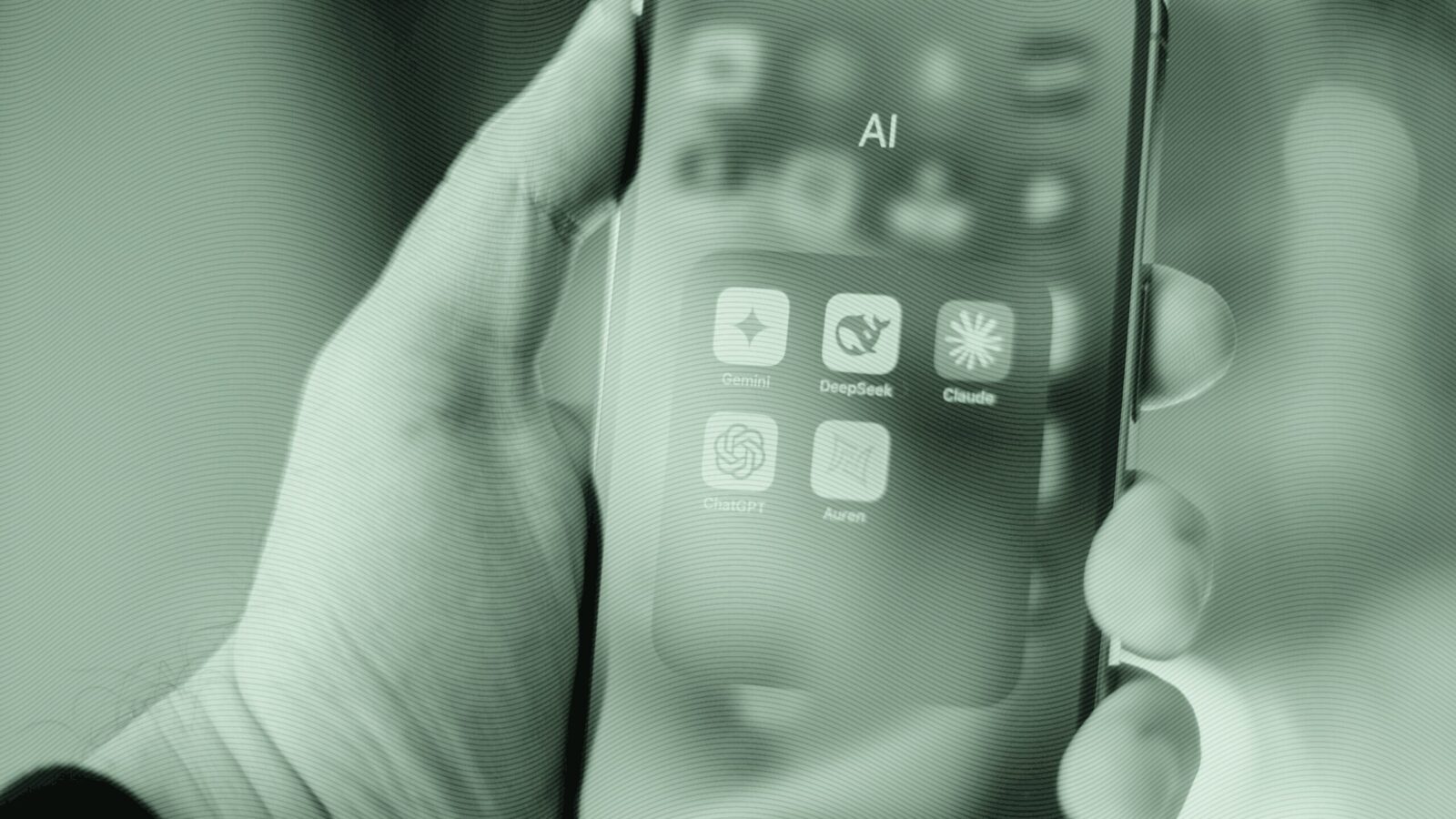Salesforce Patent May Double-Check Your Slack Chats
This isn’t the first time we’ve seen tech firms bring AI and machine learning into workplace monitoring.

Sign up for smart news, insights, and analysis on the biggest financial stories of the day.
You might need to watch your tone in the company group chat – or Slack might catch you slipping.
Salesforce, which acquired Slack in 2021, is seeking to patent a system for “updating communications with machine learning and platform context.” The filing details a system for, likely for Slack, that leverages machine learning to understand the way users communicate in order to help them craft messages.
“Oftentimes, users may want to (convey) a certain tone or voice associated with a message but may not be able to find the words to convey such,” Salesforce said in the filing.
Salesforce’s tech tracks and learns from your personal communication style, watching for sentiment markers like exclamation points or emojis along with text. The system will also learn and mimic high-engagement characteristics, or those from messages that got a lot of likes and reactions. All of the data is then used to suggest messages that convey the intent of the user’s original text but better fit the communication style of an organization.
For example, if a message beginning with “Howdy y’all” garnered more reactions or responses than a message starting with “Hello team,” then the system may recommend one greeting over another.
This isn’t the first time tech firms have brought AI and machine learning into workplace monitoring. Microsoft has sought to patent a similar tool for “automatic tone detection and suggestion” in emails and chats, as well as tech that changes users’ facial expressions to match their tone in virtual meetings.
Patents like this make sense for the likes of Salesforce and Microsoft: Both firms offer widely popular workplace messaging platforms (Microsoft’s is Teams) and are seeking to cement their places in the broader enterprise AI race.
But amid growing workplace AI adoption, the question of “how much is too much” still remains. A survey from McKinsey found that 43% of workers are concerned about personal privacy in the workplace adoption of generative AI. At a certain point, employees may be uncomfortable with AI-based tracking and monitoring, even if it provides them a certain amount of convenience.











